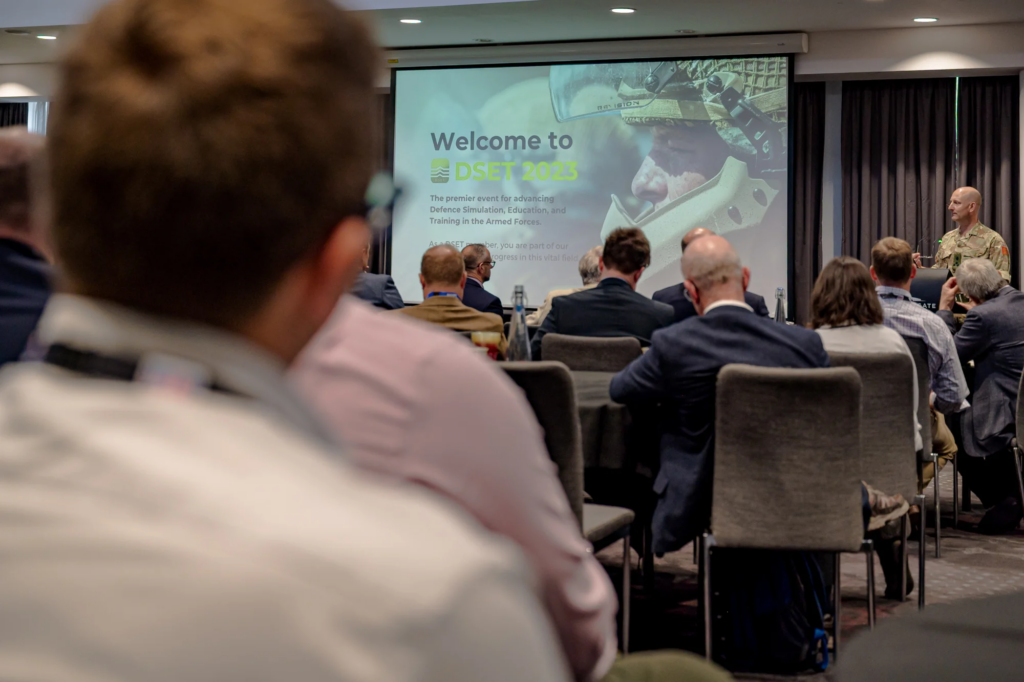Leading military specialists discussed technology in education and training at the Defence Simulation Education Training (DSET) conference.
Jonathan Searle from the MOD and Cranfield University, Colonel Colin Thomas from the British Army’s Land Warfare Centre, and Lieutenant CDR Michael Quinn from Navy Command’s Future Training department discussed technology’s benefits and drawbacks for learning and skill development.
MOD-funded defense simulations
Jonathan Searle, MOD and Cranfield University, presented the different courses and programs at the Defence Academy of the United Kingdom and Cranfield University.
These MOD-funded courses address military operations analysis, defensive simulation, and modeling for various skill levels.
In the Simulation and Synthetic Environment Laboratory, which applies modeling and simulation ideas and technology, Searle stressed hands-on instruction.
Searle stressed the importance of using the correct instrument and matching education and training to defense sector tasks and responsibilities.

Technology-integrated esports
Colonel Colin Thomas emphasized technology in training, notably in the British Army. Technology must empower younger staff and make training simulations accessible.
He described the effectiveness of the British Army Esports program, which uses game technology to make training simulations popular, practical, and possibly valuable for future training.
Colonel Thomas noted the difficulties of in-unit training, limited training opportunities, and high trainee expectations.
He stressed employing familiar and engaging training simulations and making them available through gaming hubs. Technology-driven training development and contracting were also explored.
Hope for submarine training
Lieutenant CDR Michael Quinn discussed submarine training problems and potential. He highlighted the Royal Navy Submarine Training Centre transfer and course modernization.
The Combat System Operator Trainer development and new submarine class issues were also addressed.
Quinn stressed the necessity of comprehensive fighting system training and operational software to aid training development. He urged for better training needs analysis quality and consistency.
Lieutenant CDR Quinn was optimistic about submarine training and industrial engagement.
Technology in education and training specialists gave insightful talks. It stressed the necessity for specialized and realistic training programs, establishing competences and educational criteria, and the problems of using technology in training environments.
These dialogues enable defense sector learning and skill development through technical developments.
A DSET keynote lecture on Tuesday highlighted wargaming’s strategic and tactical benefits in decision-making and organizational growth.

